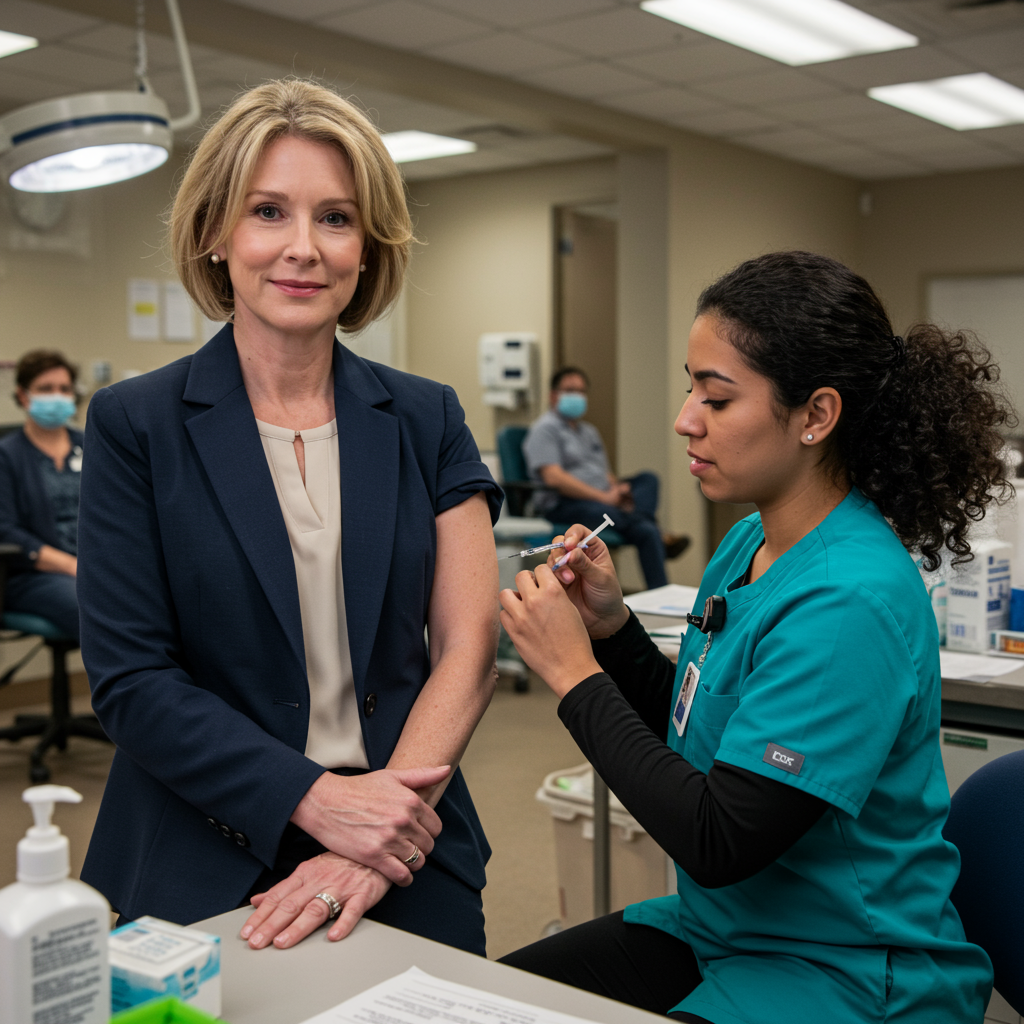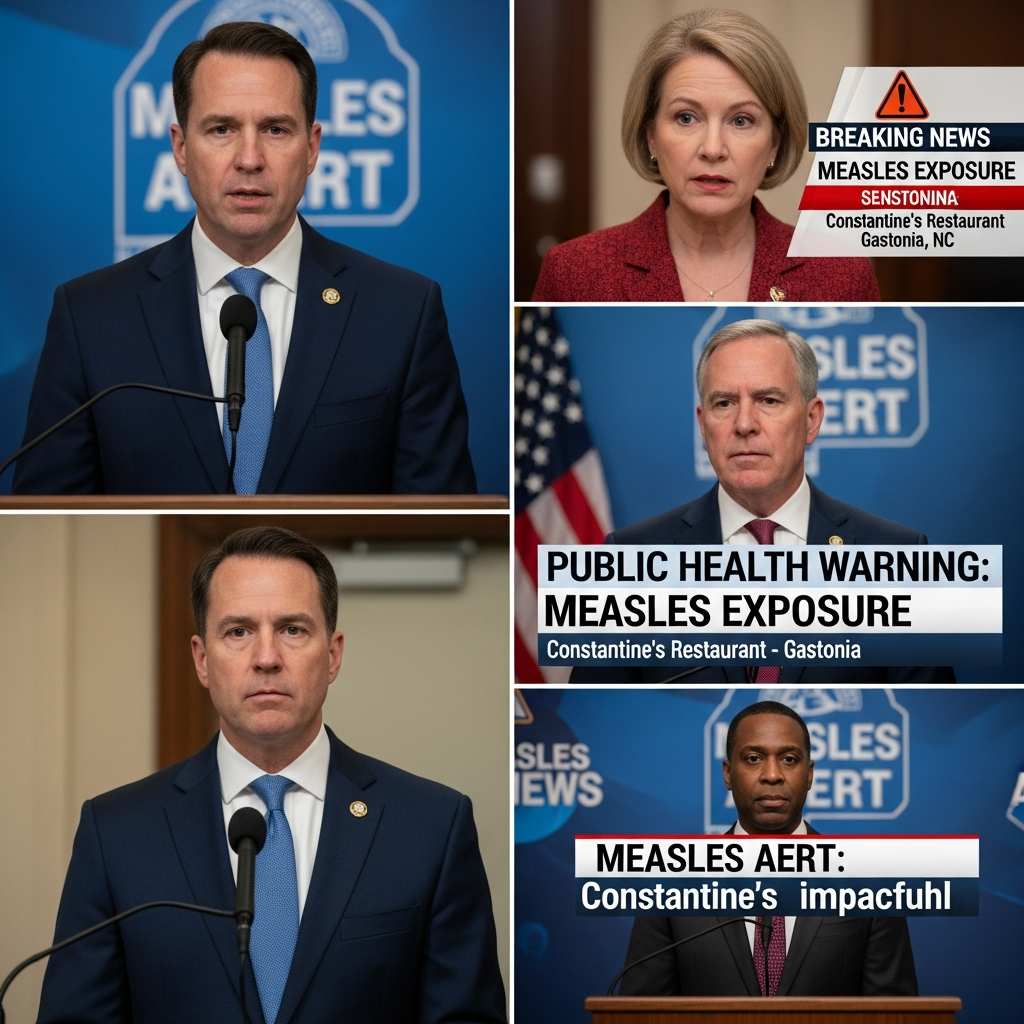For many older adults, staying protected against preventable illnesses isn’t just a recommendation – it’s a proactive choice. They understand that vaccinations are a vital tool in maintaining health and independence as they age. And increasingly, robust scientific research is demonstrating just how right they are.
Consider Kim Beckham, an insurance agent in Texas. Witnessing friends suffer severely from shingles motivated her to seek the vaccine the moment she was eligible. Despite having to wait until age 60 and even pay out-of-pocket initially, she was at her local pharmacy right when they opened on her birthday. “I felt really relieved,” she recalled after her shot. Since then, she’s stayed current on recommended vaccinations, including the newer, more effective shingles vaccine, pneumonia, RSV, annual flu shots, and all recommended COVID vaccinations.
This eagerness isn’t isolated. Robin Wolaner, a retired publisher in California, actively encourages friends to get recommended shots, even sharing relevant medical studies. And Deana Hendrickson in Los Angeles, providing daily care for her young grandsons, sought an additional MMR shot out of concern for waning immunity, underscoring the importance of protection across different age groups.
Why are many older people so confident in vaccines? Because the evidence is clear: vaccines offer powerful protection against a range of diseases that disproportionately affect seniors.
Stronger Shields Against Senior Illnesses
Vaccines targeting diseases like influenza, pneumonia, shingles, and respiratory syncytial virus (RSV) are specifically recommended for older adults due to their increased risk of severe complications from these infections. Newer formulations and enhanced versions of these vaccines are proving even more effective, offering tailored protection for aging immune systems. Preventing these common illnesses is crucial for maintaining quality of life and avoiding potentially life-threatening health crises.
Navigating Newer Threats: The Case of COVID-19
The COVID-19 pandemic highlighted the vulnerability of older adults to severe respiratory illness. Research has shown consistently that COVID-19 vaccines train the immune system to recognize and fight off the virus, significantly reducing the likelihood of infection and, critically, minimizing the risk of severe disease, hospitalization, and death.
While breakthrough infections can occur, especially with newer variants, studies confirm vaccinated individuals are far less likely to suffer severe outcomes. For example, data indicates that individuals aged 12 and older who received an updated booster had a substantially lower risk of death compared to those unvaccinated – sometimes as much as 15 times lower. This underscores that while infection is possible, vaccines dramatically change the illness’s trajectory, particularly for vulnerable populations like seniors.
The Critical Role of Updated Vaccines and Boosters
Immunity from vaccines, and even from natural infection, can wane over time. This is why updated vaccines and booster doses are so important, especially for older adults and those with underlying health conditions who are at higher risk of severe illness. Health authorities like the WHO’s Strategic Advisory Group of Experts on Immunization (SAGE) specifically recommend revaccination intervals (often 6-12 months) for high-risk groups, including older persons, to maintain high levels of protection. Staying “up to date” with recommended shots based on age and health status is key to maximizing benefits.
Understanding Vaccine Safety and Efficacy
Concerns or misinformation about vaccines can sometimes cause hesitation. However, it’s important to know that all vaccines undergo rigorous testing, including large clinical trials involving thousands of volunteers, to ensure both safety and effectiveness before they are authorized or approved. Decades of prior research, like that into mRNA technology, accelerated development without compromising safety standards.
Common side effects are typically mild and short-lived, indicating the body’s immune response is building protection. Serious side effects are extremely rare, and ongoing global monitoring tracks vaccine safety. Experts consistently find that the benefits of vaccination in preventing severe illness, hospitalization, and death far outweigh these rare risks. Importantly, vaccines cannot give you the disease they are designed to prevent, nor do they contain tracking microchips or impact fertility.
A Broader Shield for Health
Beyond targeting specific diseases, the proactive use of vaccines may offer broader health benefits. For instance, preliminary research is exploring whether some vaccines might offer protection against unexpected conditions, such as dementia, a major health concern for older populations. While more research is needed in this area, it highlights the potential for vaccines to contribute to long-term cognitive and overall health in ways we are still discovering.
The proactive approach taken by many older adults towards vaccination is firmly rooted in science. By staying current with recommended shots for flu, pneumonia, shingles, RSV, COVID-19, and considering others like MMR if immunity status is uncertain, seniors build powerful defenses against the illnesses most likely to threaten their health and independence. The research is clear: embracing vaccines is a smart, evidence-based strategy for healthier aging.



